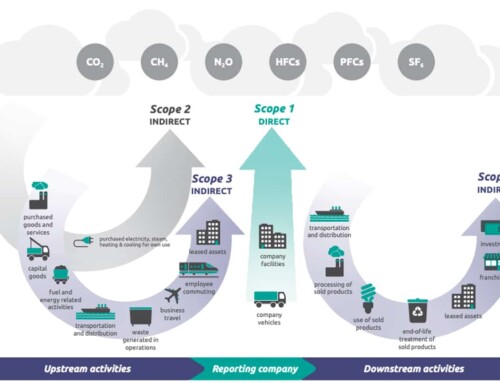The offerings for over-the-counter (OTC) drugs has been rather stable for decades because the law regulating these drugs discouraged innovation. So companies have been offering largely the same product year-after-year, with branded vs private brand drugs being essentially identical. Yet a change in the law promises to add new energy to this category and the possible distinction between branded vs private brand drugs.
How OTC Drugs Got Stuck
Most OTC drugs do not require approval from the Food and Drug Administration (FDA). Rather anyone can make and sell these products by complying with a “monograph,” which is like a drug recipe that specifies the permissible active ingredient(s), uses, directions, warnings, and sometimes product testing. FDA created these monographs based on the OTC drugs that were being sold in the early 1970s.
Developing and revising a monograph can be a decade or more process and FDA has had sparse resources to work on them (the FDA needed over two years to update the warnings for several drugs). Also, the industry had little interest in updating the monographs to add a new active ingredient or use. A sponsor would have to champion the change through the multistep and multiyear process to revise the monograph. Then when done, anyone could simply make a copycat without making the same investment as the sponsor. Thus many OTC drugs were stuck in the 70s with the biggest change being the addition of the “new” drug facts panel, which happened 20 years ago.
Given this context, the OTC drug offerings and their required labeling remained unchanged year after year. Branded and private brand OTC drugs sold largely the same products and competed for consumer attention through branding, advertising, shelf placement, and pricing.
The Changes to OTC Drugs Regulations and Now What?
The second COVID-19 stimulus package (the CARES Act) updated how FDA regulates OTC drugs.
- Monographs became “Administrative Orders”: These administrative orders are like the monographs as they specify the conditions for selling an OTC drug without FDA approval. These orders will take far less time to create and update, plus FDA can now issue interim orders to address quickly any safety issues.
- Market Exclusivity: The sponsor of a new active ingredient or certain other changes will receive market exclusivity for 18-months.
- User Fees: There will be two fees: (1) reviewing a petition to revise an administrative order, except for safety changes and (2) OTC drug manufacturing facility (paid annually).
Admittedly, the new law has few changes that impact the industry immediately and it will take the FDA several years to establish its new regulatory approach. However, private brand managers need to pay attention and act by:
- Learning and be heard, FDA will solicit input on how to build the new regime as they will be impacted differently than the branded drugs and contract manufacturers.
- Working with vendors and reviewing the agreements about regulatory compliance and indemnification as greater regulatory involvement creates more liability risks.
- Developing appropriate controls to ensure the drugs’ compliance because you are ultimately responsible for the product by being the named distributor.
- Tracking new administrative order petitions, in time, to determine possible changes in the market.
John Johnson is an attorney at Shook Hardy and Bacon where he works with retailers, distributors, and manufacturers of consumer products with complying with FDA and other government requirements. He works collaboratively with clients throughout a product life cycle to manage their legal obligations while forwarding their marketing objectives.
[/et_pb_team_member][/et_pb_column][/et_pb_row][/et_pb_section]Related Incites
2025 EVENTS
TICKETS, SPONSORSHIPS & EXPO BOOTHS NOW AVAILABLE







